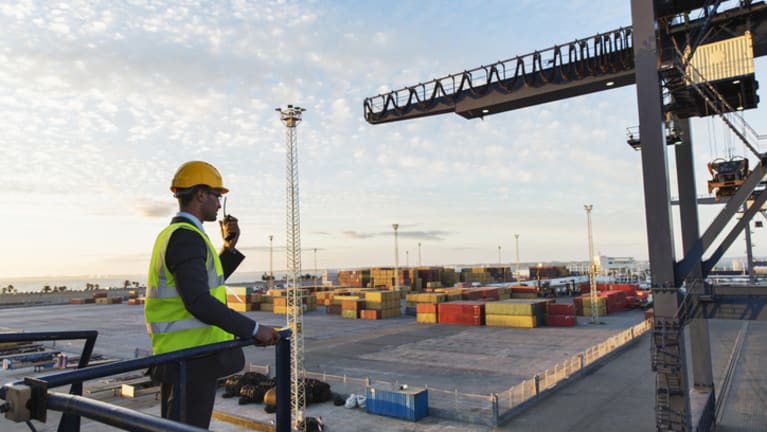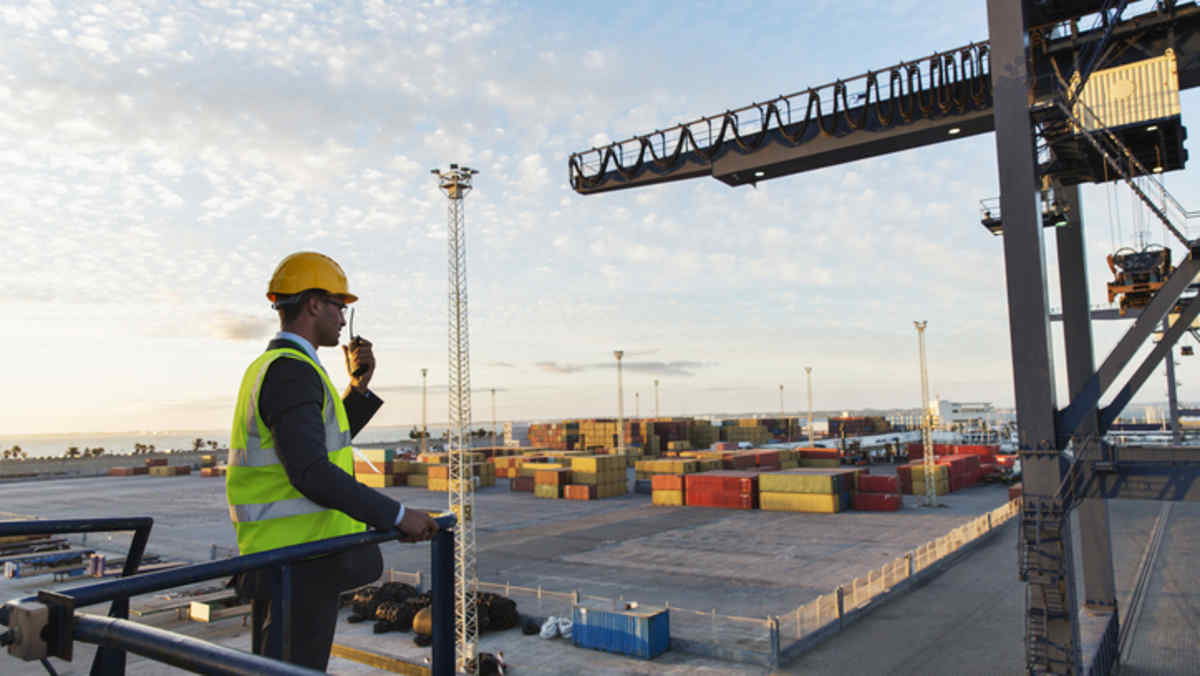

?West Coast port operators and a union for dockworkers reached a bargaining agreement after some workers had slowed or stopped work.
“The leaders of the International Longshore and Warehouse Union (ILWU) and the Pacific Maritime Association (PMA) reached a tentative agreement covering 22,000 workers and 29 West Coast ports, demonstrating once again that collective bargaining—though sometimes difficult—works,” said Acting U.S. Labor Secretary Julie Su, who met with both sides. “The tentative agreement delivers important stability for workers, for employers and for our country’s supply chain. This important milestone is welcome news to all.”
The workers were seeking higher wages. The work disruptions impacted operations at ports in Los Angeles, Long Beach, Oakland and Hueneme in California, as well as Seattle and Tacoma in Washington.
We’ve gathered articles on the news from SHRM Online and other trusted sources.
Long Negotiations
The previous contract between the two groups expired on July 1, 2022, so they were working for nearly a year to hammer out a deal. The new six-year deal comes after worker stoppages that closed various West Coast port terminals in recent weeks. The work disruptions began June 1.
(CNN and SHRM Online)
Higher Pay
The new contract includes a wage increase of 8 to 10 percent for the first year, according to a person briefed on the details who was not authorized to speak publicly. The deal also includes retroactive pay at that increased rate for the hours that dockworkers worked during the eight months without a contract.
Another long-standing flash point for the union and port management concerned automation—namely, the extent to which port managers can bring in machinery to do jobs currently performed by longshoremen.
Key Ports for Retailers
The agreement is still subject to ratification by both parties. The ILWU and PMA declined to provide details on the deal.
During the negotiations, some businesses had shifted cargo to rival East Coast and Gulf Coast ports to avoid potential labor disruptions. The tentative deal came as retailers are starting to land merchandise for the critical back-to-school, Halloween and Christmas retail shopping seasons. Manufacturers, automakers and food producers who import or export goods rely on the West Coast ports.
(Reuters)
Possible UPS Strike
The outcome on June 14 somewhat mirrored past negotiations with dockworkers. In 2015, as talks went on for nine months, officials in the Obama administration intervened amid work slowdowns and increased congestion at ports.
It is also the second time in six months that the Biden administration has intervened in a labor dispute that could have caused major damage to the U.S. economy. In December, President Joe Biden signed legislation to impose a labor agreement between rail companies and workers.
On the horizon is the prospect of another disruption to the nation’s freight system. The Teamsters contract with United Parcel Service (UPS), covering approximately 340,000 workers, expires on July 31. The union announced the results of a strike authorization vote on June 16. UPS workers agreed to strike if no agreement is reached with the company by the time the current contract expires on July 31.
(The New York Times) and (CBS News)
